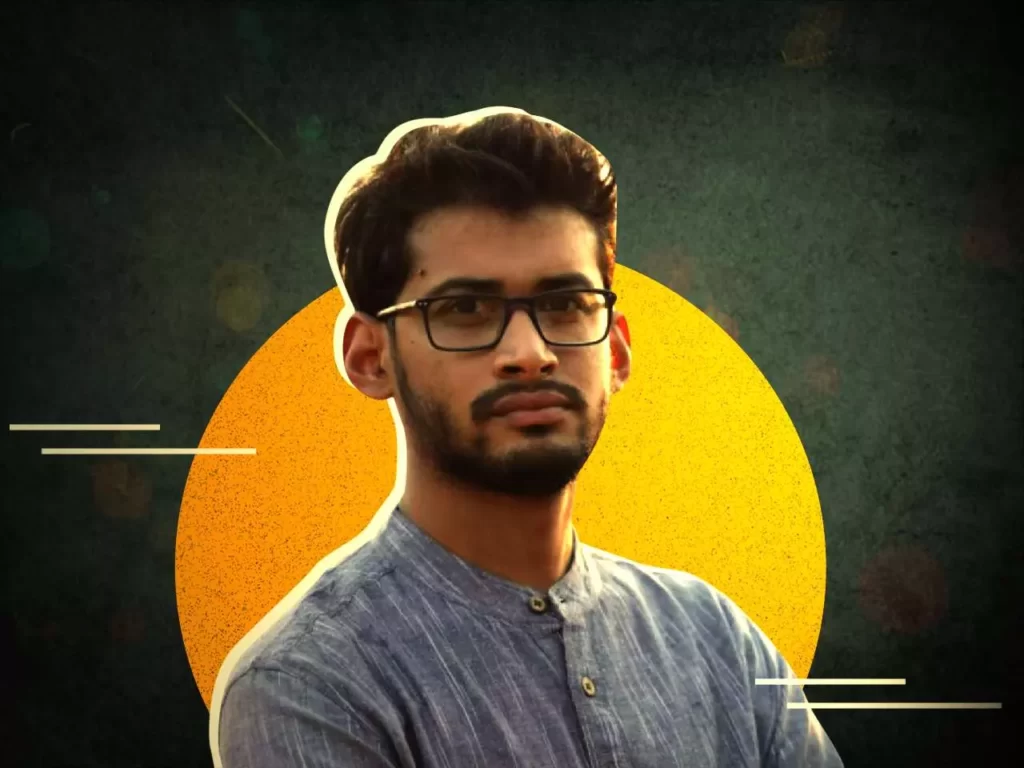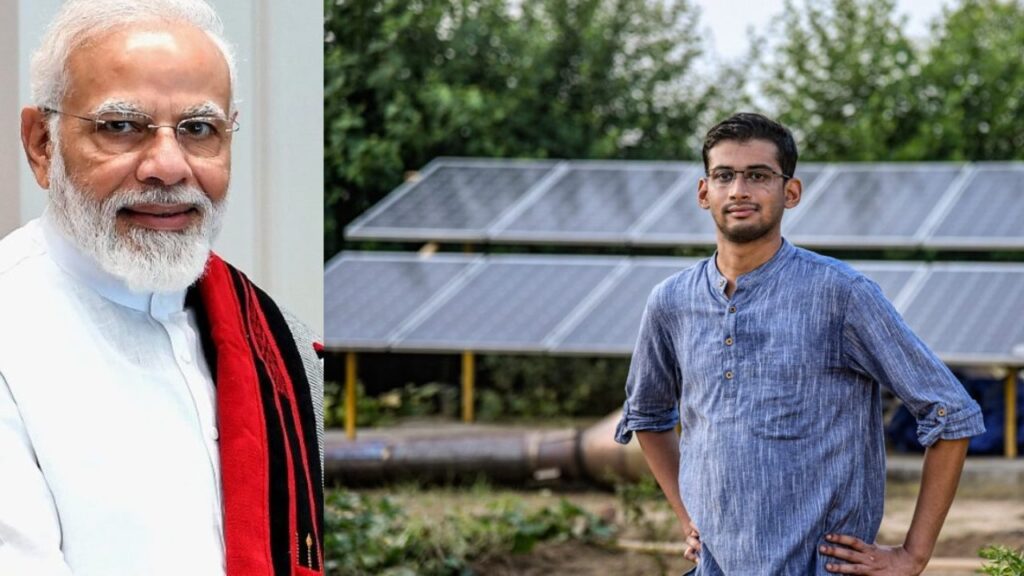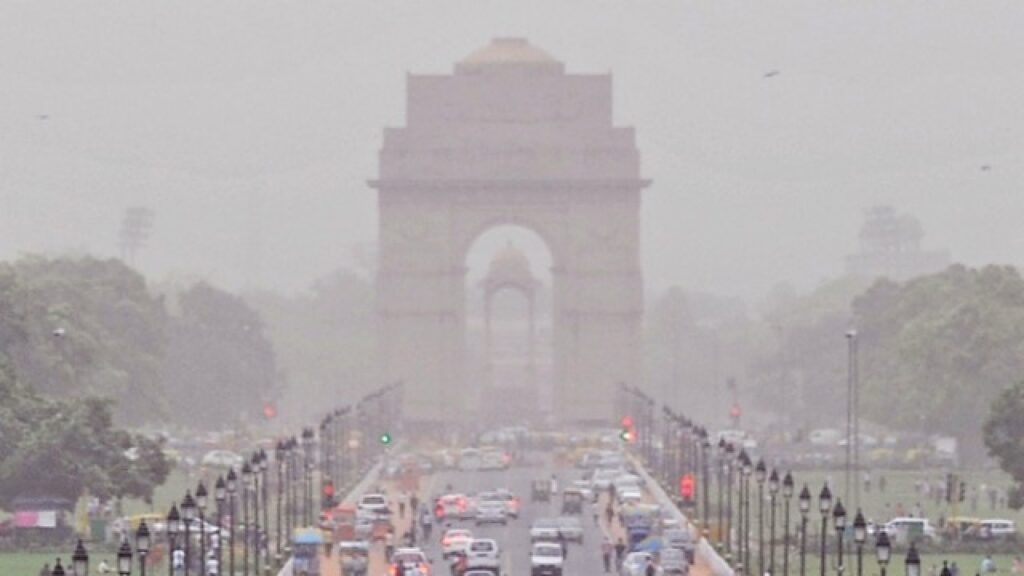Vidyut Mohan’s portable and cost-effective equipment is being marketed as a key component of a potential solution to air pollution. Prime Minister Narendra Modi visited Vidyut Mohan, a Delhi-based mechanical engineer, in Glasgow, Scotland, as part of his two-day tour to the United Nations’ Climate Change Summit.

The United Nations Climate Change Conferences
The United Nations Climate Change Conferences are held every year under the auspices of the UN Framework Convention on Climate Change. They are the formal conference of the UNFCCC parties to assess progress in addressing climate change and, beginning in the mid-1990s, to negotiate the Kyoto Protocol, which establishes legally binding requirements for industrialised countries to cut their greenhouse gas emissions. Since 2005, the conferences have also acted as the “Conference of the Parties Serving as the Meeting of Parties to the Kyoto Treaty,” and non-parties to the protocol can attend protocol-related sessions as observers.

Vidyut Mohan, 30, was frequently ill or seen his grandmother become ill as a result of Delhi’s polluted air. He chose to work in the field of clean air solutions, and his creation was awarded the Earthshot Prize. The invention is a tractor-mounted device that can turn tonnes of agricultural waste into renewable fuel and fertilisers. Rice straws and coconut shells can be converted into energy using decentralised equipment.
The equipment works in the same way as a coffee roaster. Waste can be roasted at controlled temperatures to produce fuel, fertilisers, and other agricultural goods. The equipment was tested in numerous areas after being piloted in Uttarakhand. The technique, which can cut carbon emissions by up to 98 percent, can improve air quality while simultaneously creating jobs.

Vidyut Mohan, the founder of Takachar.com, expects that his meeting with PM Modi will lead to a collaboration with the government to scale up the idea. “My meeting with Prime Minister Modi was short, only two minutes long. Within which he curiously wanted to know about the machine, how it works, how farmers received it and particularly wanted to know where and how we are manufacturing it. He was just so curious. Our aim is to scale this solution as asap. We cannot do this alone and the government can play a big role and private corporations can work with us so that sustainability in the value chain can be brought about.” Vidyut Mohan expressed his thoughts.
Air pollution

Air pollution is any chemical, physical, or biological factor that contaminates the indoor or outdoor environment and alters the natural properties of the atmosphere. Air pollution is commonly caused by household combustion devices, motor vehicles, industrial operations, and forest fires. Particulate matter, carbon monoxide, ozone, nitrogen dioxide, and sulphur dioxide are all serious public health concerns. Air pollution, both outside and inside, is a leading cause of respiratory and other ailments, as well as a significant source of morbidity and mortality.





